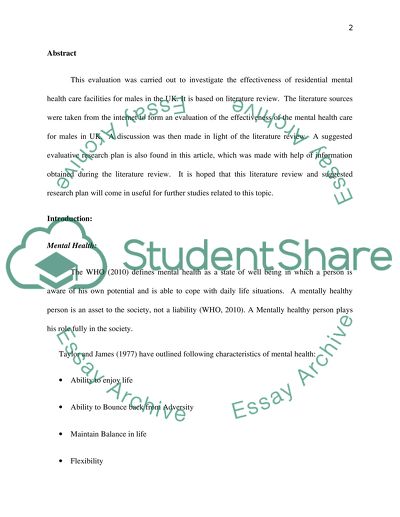Cite this document
(Evaluating the Effectiveness of Young Male Mental Health Service in Re Case Study, n.d.)
Evaluating the Effectiveness of Young Male Mental Health Service in Re Case Study. Retrieved from https://studentshare.org/health-sciences-medicine/1566729-evaluating-the-effectiveness-of-young-male-mental-health-service-in-residential-care-uk
Evaluating the Effectiveness of Young Male Mental Health Service in Re Case Study. Retrieved from https://studentshare.org/health-sciences-medicine/1566729-evaluating-the-effectiveness-of-young-male-mental-health-service-in-residential-care-uk
(Evaluating the Effectiveness of Young Male Mental Health Service in Re Case Study)
Evaluating the Effectiveness of Young Male Mental Health Service in Re Case Study. https://studentshare.org/health-sciences-medicine/1566729-evaluating-the-effectiveness-of-young-male-mental-health-service-in-residential-care-uk.
Evaluating the Effectiveness of Young Male Mental Health Service in Re Case Study. https://studentshare.org/health-sciences-medicine/1566729-evaluating-the-effectiveness-of-young-male-mental-health-service-in-residential-care-uk.
“Evaluating the Effectiveness of Young Male Mental Health Service in Re Case Study”. https://studentshare.org/health-sciences-medicine/1566729-evaluating-the-effectiveness-of-young-male-mental-health-service-in-residential-care-uk.


